Analysis of the legality and privacy of DApp and the security of tokens in the ecology
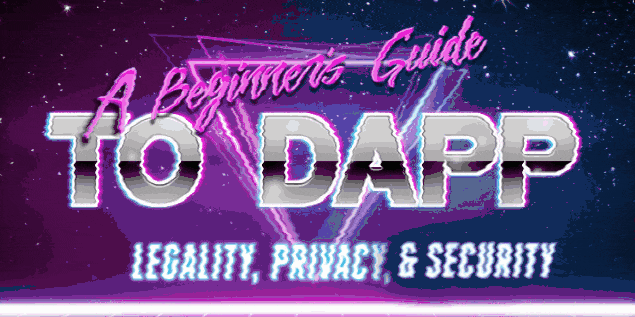
In the past few years, the popularity of blockchain platforms such as Ethereum and EOS has introduced the world into a new paradigm of computing: decentralized applications.
Unlike traditional applications on smartphones, decentralized applications are not owned and operated by an entity or organization. These applications, also known as DApps, offer many well-known advantages, including anti-censorship, trust, and reliability.
However, since blockchain-based decentralized applications are still rare and still centralized and decentralized, interacting with them at first can be overwhelming. The purpose of this article is to answer some of the most common questions related to DApp through three different perspectives (legality, privacy, and digital asset security).
- Nearly 80% of Bitcoin addresses are profitable, and the number of Bitcoin holders has reached a new high
- What is the value of 1 bitcoin? Bitcoin pioneer Hal Finney: $10 million
- International Monetary Fund (IMF) Report: The Rise of Digital Currency
1. Legality of DApps
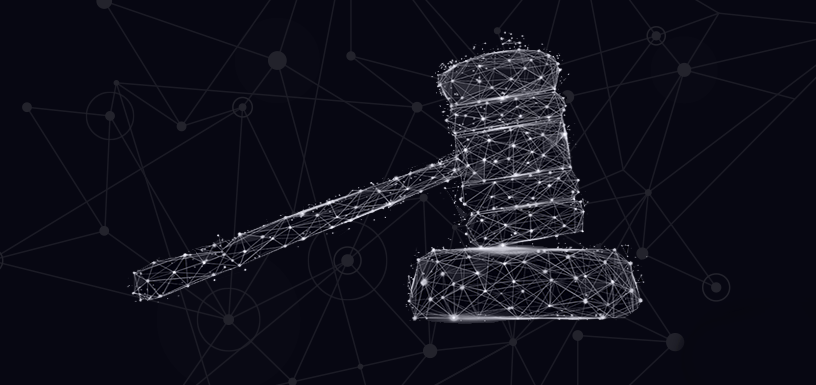
Even before the introduction of blockchain-based applications, decentralized applications existed in the form of peer-to-peer platforms such as BitTorrent and TOR. However, after the popularity of cryptocurrencies such as Bitcoin, ambitious developers quickly realized that there is still a lot of space left in this technology.
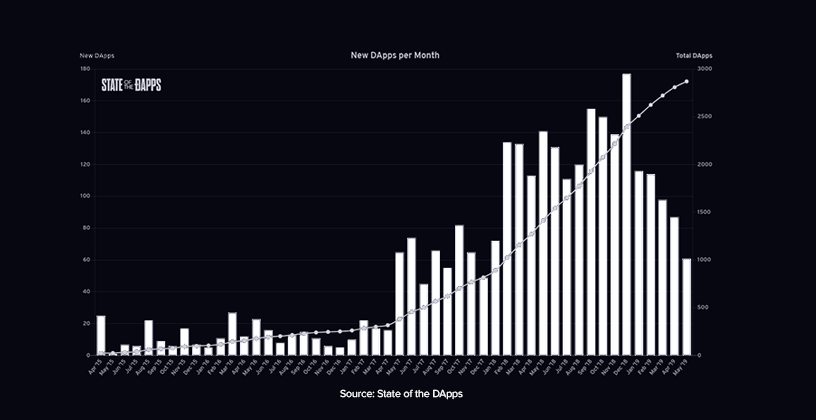
In 2017, the number of DApps on the market began to grow exponentially. According to statistics, in January 2017, the number of newly released applications was only 10, and it increased to 72 after one year. As of December 2018, there were 177 new application developers per month. Today, there are more than 2,500 independent DApps on various blockchain platforms. However, many users who use DApp for the first time cannot determine if they are legal. Let us begin by addressing this common concern.
1.1. Is it legal to use DApps?
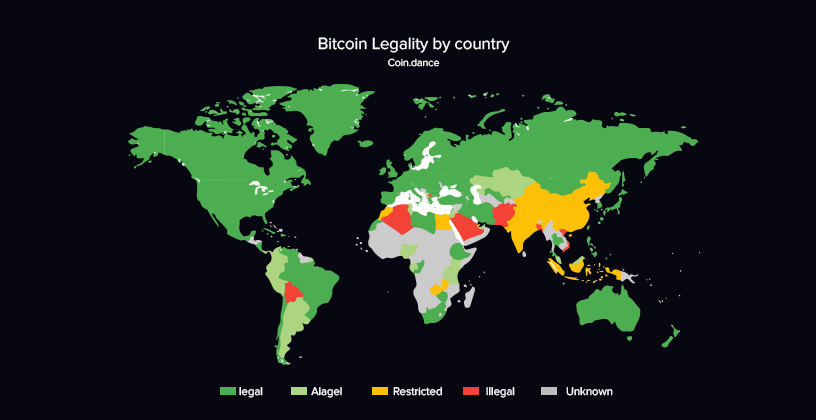
Since the DApp ecosystem is still in its infancy, many jurisdictions around the world are not subject to any regulatory restrictions on this issue. Although the legality of DApp has not been questioned so far, governments have begun to introduce new regulations for digital currency.
Although it is widely believed that cryptocurrencies are illegal, the fact is that only 4% of the world's countries consider Bitcoin and other cryptocurrencies to be illegal. All other countries do not prohibit their citizens from using digital tokens as currency, goods or property.
It's also worth noting that many DApps don't need to use the digital currency that comes with them. Since these tokens never leave the platform and ecosystem, these products are no different from any other non-blockchain platform with a virtual economy. Similarly, many other DApps on the market offer tokens with some underlying utility. So far, these companies have not been subject to legal review except for exceptions involving suspected illegal or fraudulent activities.
1.2. If the cryptocurrency is illegal in the country, how can I use the DApp?
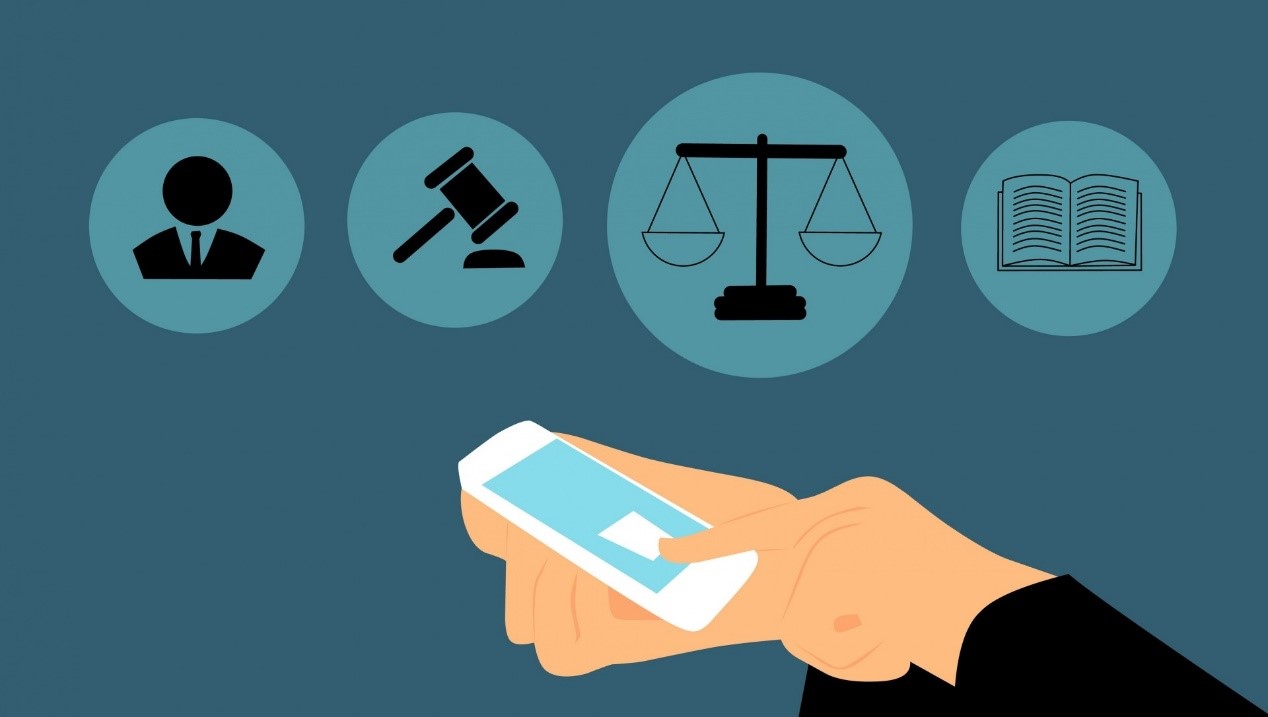
Even if you live in one of the few countries that treat cryptocurrencies as illegal, it is possible to use decentralized applications without restrictions.
Although a few governments have differences on symbolic economic issues, most governments have no restrictions on the DApp itself. For example, in any part of the world, it is not illegal to simply carry out price predictions.
1.3. How do the tokens in the DApp exchange coins and convert them into French currency?
Many DApps allow users to get tokens for free on the platform without prior investment. Therefore, users who use DApp for the first time often wonder how they can convert their tokens into legal tender. The answer is simple: cryptocurrency exchanges or peer-to-peer transactions.
For cryptocurrency exchanges, you may have to complete the KYC verification process in accordance with local laws and regulations. Once your personal information and supporting documents have been verified by the exchange, you can immediately use your token to trade with other tokens or legal currency.
Sometimes banks or financial institutions may not allow their account holders to use their account for cryptocurrency transactions. Many DApps are still available and beneficial because they allow their tokens to be exchanged directly into products and services, which means you can convert these tokens directly into tangible objects, eliminating the need to convert them to The work of legal currency, you can use it to buy these things.
1.4. Do I need to pay taxes on my income from DApp?
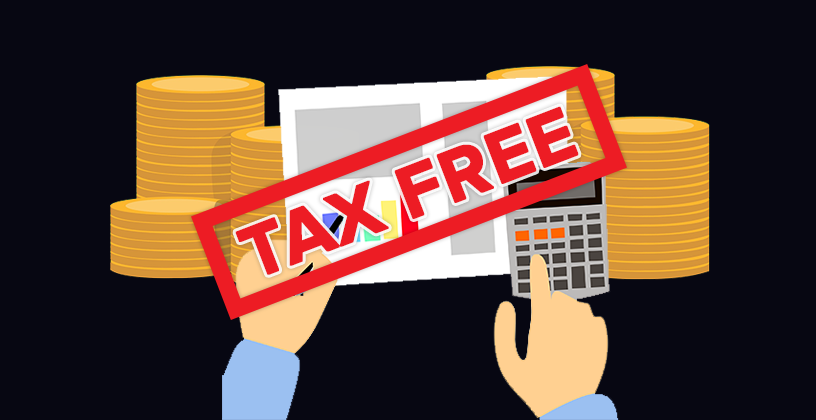
The need to pay taxes on the proceeds of cryptocurrencies depends entirely on which region of the world they live in. Some countries tax cryptocurrency income as part of other income, while others see it as capital gains.
As for the amount of tax you need to pay, it is worth noting that some countries have a tax rate of 50%. It is always a safe choice to ask local tax experts for advice on your area. In most cases this information is easy to find.
2. How DApp handles user privacy
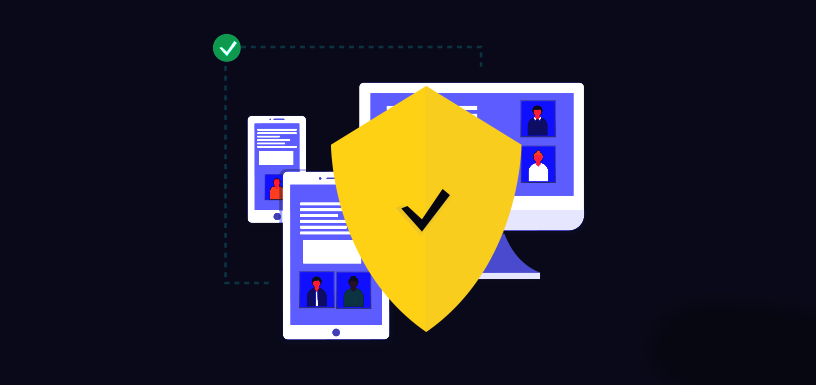
On the Internet, protecting privacy has become increasingly difficult, especially considering the recent Facebook-Cambridge Analytica scandal and Equifax data breaches. However, the problem of centralized control of large amounts of information on the Internet goes far beyond the boundaries of social media and private companies.
As the decentralized application ecosystem grows year after year, it is important to understand the complexities associated with using DApp privacy.
In this section, we will discuss the impact, issues, and opportunities of DApps on user privacy. DApps are managed by a decentralized organization, which means that all changes must be agreed by or agreed by most users before they can be executed.
Ideally, all records of decentralized application operations are stored in a common, decentralized blockchain to avoid traps of centralization. The distributed decision process is enabled by the blockchain verifier through one of the deployed algorithms that implement a consistent mechanism such as PoW or PoS.
2.1. Data Centering and User Privacy Crisis
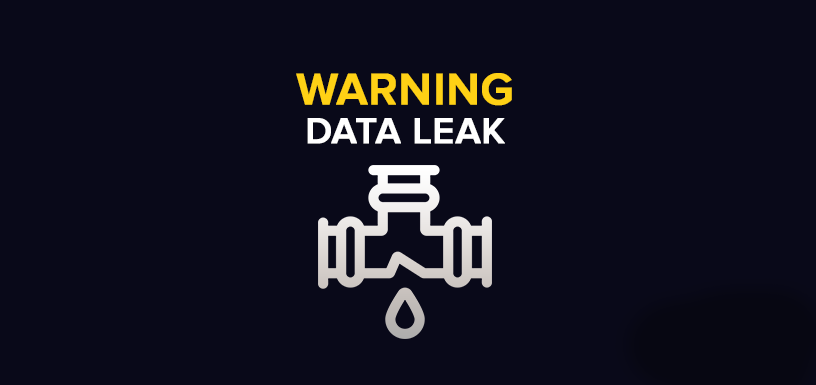
In recent years, as more and more data security vulnerabilities and user privacy scandals have surfaced, user privacy has become a hot topic. The large tech giants with the most user data are extremely concentrated.
With the exposure of the Cambridge Analytics Inc. scandal in early 2018, Facebook’s gross negligence in handling user data has caused regulators and the public to feel uneasy. A series of news stories about Facebook's inability to protect user data have made calls for support for decentralization and data protection even higher.
In another recent example, cybersecurity company UpGuard claimed that in April 2019, more than 540 million records of Facebook users were exposed, and the data was stored on Amazon's cloud computing server. Centralization not only has problems with data storage, but also the problem of accessing the Internet application ecosystem.
In May 2019, a group of IOS developers sued Apple's monopoly app store, and Apple pulled 30% of the commission from all app sales in the app store.
Decentralized applications differ from traditional digital applications in that they are not run or controlled by a centralized entity. They run on distributed computing systems, and DApp governance is decentralized because the decision-making process requires a lot of user authentication. But what does this mean for user privacy and security?
The following will answer some of the most prominent issues in this regard.
2.2. Is the data secure on the DApp?
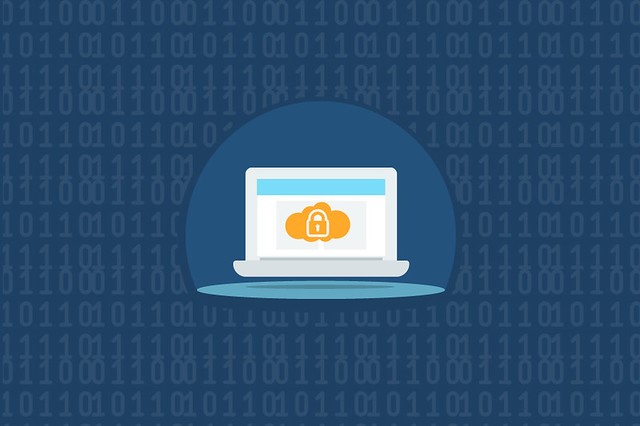
DApps run on blockchain and distributed computing systems, so stored data is not affected by a single point of failure compared to centralized storage by large technology companies such as Facebook. Data security on the blockchain is guaranteed by cryptographic verification methods such as Zero Knowledge Proof (ZKP).
ZKP is a cryptographic verification method that supports secure and private transactions. In a method like ZKP, the verifier can prove to the verifier that they know the specific information without revealing any sensitive data, which means that the DApp runs by default on the architecture embedded in the user's privacy.
2.3. What information is shared with third parties?
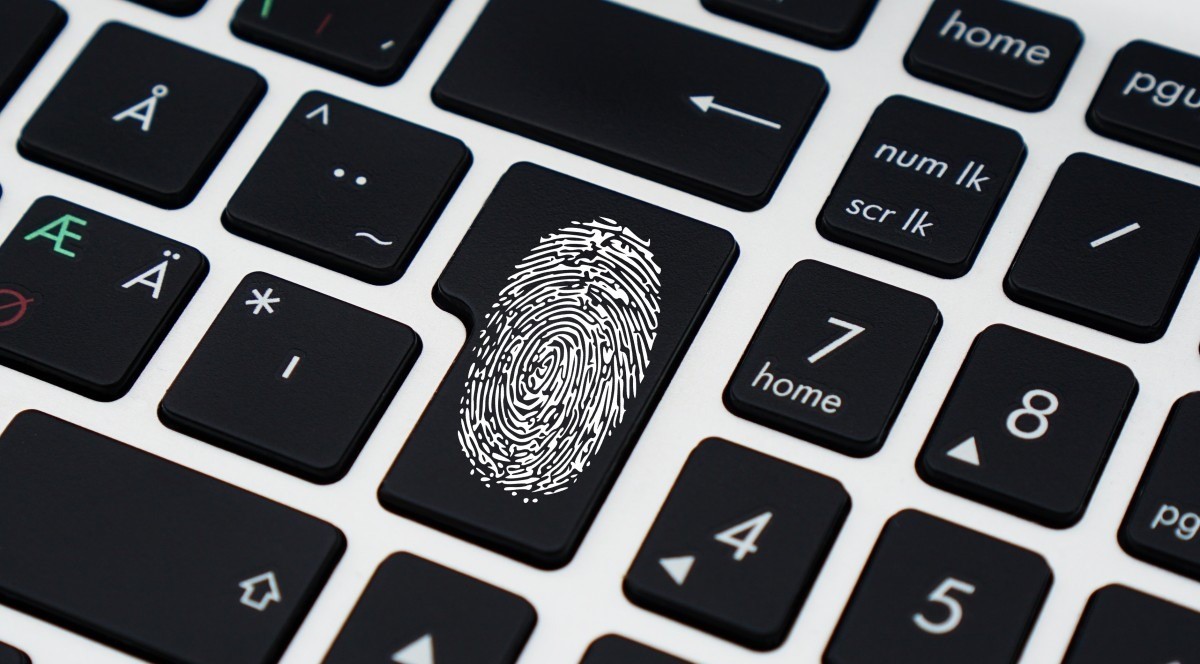
DApp respects user privacy, and almost no user data is shared with third parties, and third parties cannot link users to their sensitive financial transaction details. Most applications never share any identifiable user data, because privacy and data security are issues that many cryptocurrency enthusiasts and potential users need to seriously consider.
The increase in user privacy is one of the main reasons why blockchain is being accepted by more and more people. Because DApp uses a blockchain, it uses a distributed computing system to centralize data storage and processing, so user data is not shared and is not exposed to third parties. With a few exceptions, your anonymity will be retained because your wallet and transactions will not link directly to your personally identifiable information.
2.4. Why do I need to do KYC on DApp?
Although DApp is decentralized, it still has to comply with the legal requirements of the country in which it is located. KYC provides a way for DApps to be legally compliant and cross regulatory barriers before they bring the benefits of the blockchain revolution to users. DApp understands user KYC by using digital identification (mainly published as a digital certificate). The digital certificate is issued by an authorized authority that uses encryption technology to issue a private key to the user. The issuing authority generates a public key when it issues the certificate. This public key is used to decrypt the certificate. The certificate also contains the private key information of the user who has issued the certificate to it. The KYC data used by the DApp is not associated with the user's identity information and therefore does not expose user privacy.
3. How DApp protects user funds
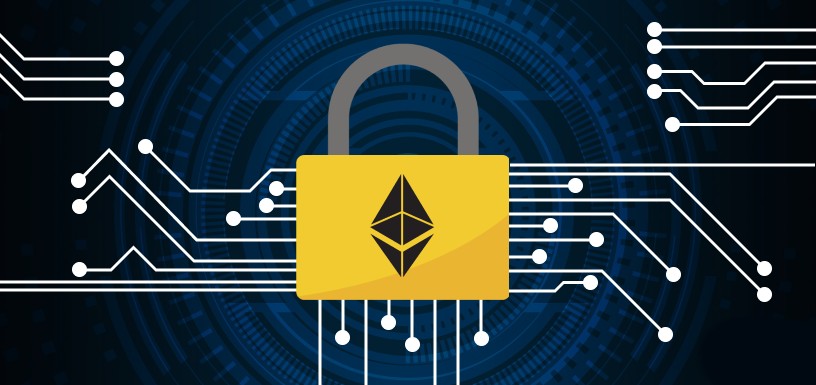
Although Bitcoin founder Nakamoto has developed the first practical application of the blockchain, developers have found that the technology has a large number of non-financial applications. The DApp paradigm is undoubtedly one of the most promising, challenging many long-term concepts about the Internet and the digital ecosystem. Given that the technology is relatively new, most people in the world have not had the chance to try it. As digital DApps become more common, your first interaction should be simple and comfortable.
In this section, we'll learn more about how DApp handles the security of user funds, including cryptocurrencies, on the platform. In addition, we will explore how to protect your digital assets and protect you from unnecessary risks.
3.1. Is the token safe on the DApp platform?
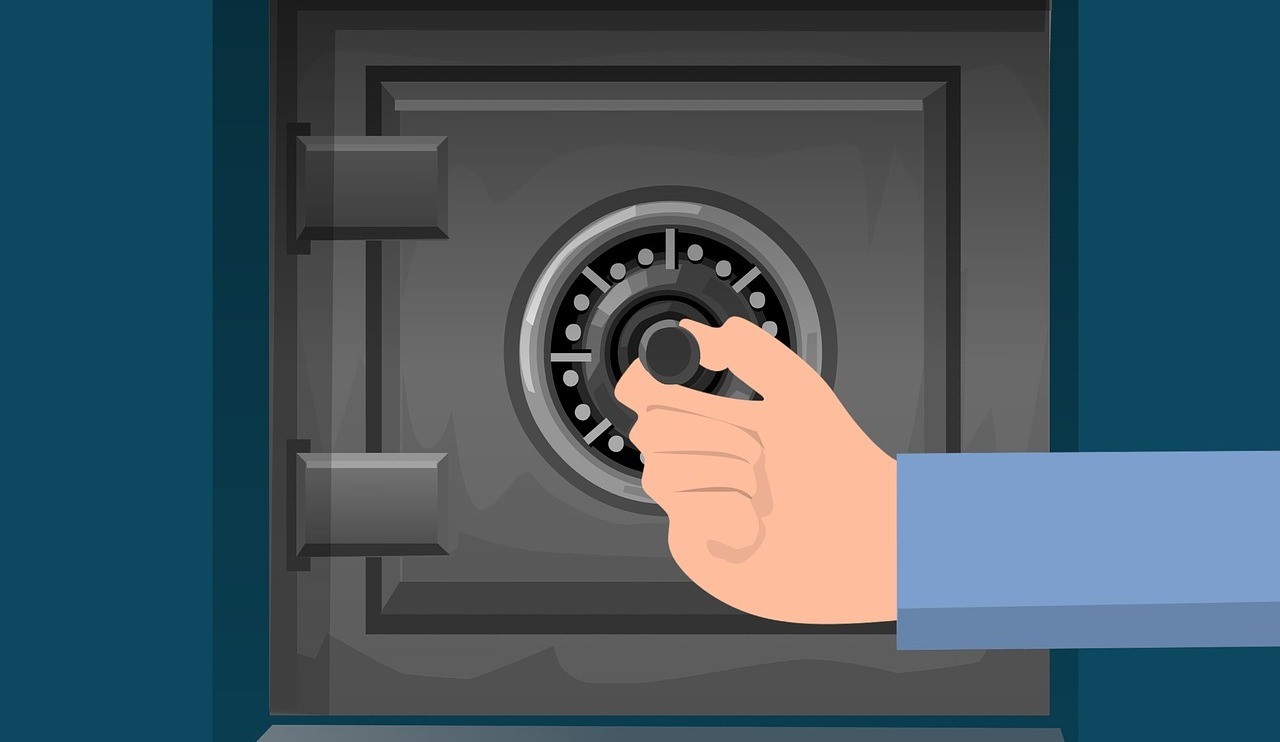
It is understandable that many new users of the DApp ecosystem are concerned about the security and ownership of tokens. However, like any cryptocurrency, DApp owners are not authorized to use your token until you manually initiate a transaction to the platform wallet address. In addition, since digital currency is essentially decentralized, anyone can publicly view and audit transactions on the blockchain at any time. After all, one of the main advantages of technology is increased transparency.
Digital cryptocurrency wallet makes you a bank of its own, an irrevocable storage solution. If you are willing to trust a third party for convenience, an exchange or online service provider also provides a way to store tokens. However, it is generally recommended to use a local wallet as it allows you to have a greater degree of control over the tokens and protect them appropriately.
3.2. How do you tell if DApp will deceive users?
Although the vast majority of DApps currently in existence are operating legally, the unfortunate reality is that a few of them do not. As a user, it is important to do due diligence before deciding whether a project is trustworthy. In general, it includes reviewing the basics of each DApp, its white papers, development teams, and platform capabilities. Application development companies that have legitimate public relations with large companies have also shown more investment in the project.
Applications designed to suck user funds are often clearly flawed in some or all of these areas, and they require a lot of human and monetary resources to complete. Legitimate DApps also tend to have community followers on popular social networks such as Reddit, Discord, and Telegram. Health discussions between users and developers are another positive indicator of decentralized applications.
3.3. Is the DApp's token price fluctuating?
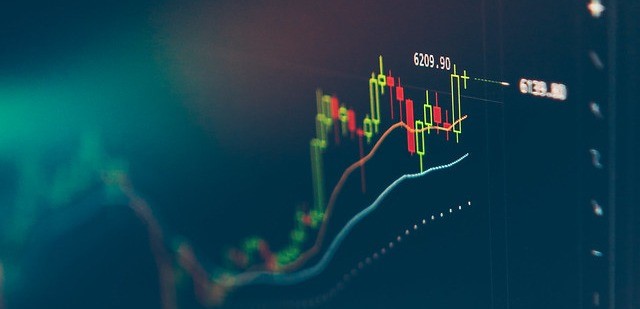
Although the volatility of major cryptocurrencies such as Bitcoin and Ethereum is well known, not all DApp tokens follow this trend. The motivation of the project owner is to maintain token price stability and accessibility to attract new users. Because DApps are built to achieve specific goals, there is little speculation in their prices. But mainstream cryptocurrencies such as Bitcoin and Ethereum are not. Due to the dynamic supply and demand of the market, their prices have risen sharply.
As mentioned earlier, the best way to protect your money is to conduct a basic background check on the applications you are interested in. All in all, a fundamentally strong DApp or blockchain project is more likely to maintain a stable valuation than a controversial project.
4. Summary
So far, we have discussed most of the common questions and concerns about the decentralized application ecosystem. As the DApp ecosystem supporting the blockchain evolves to bring decentralized benefits to more users, developers are continually striving to provide a secure, frictionless platform.
Source: Hackernoon
Author: James Giancotti
Translation: Bitker Institute
Website: https://hackernoon.com/a-beginners-guide-to-dapps-decoding-legality-privacy-and-token-security-h855x34g5
Disclaimer: This article was compiled by the Bitker Institute.
We will continue to update Blocking; if you have any questions or suggestions, please contact us!
Was this article helpful?
93 out of 132 found this helpful
Related articles
- A war triggered by an account: Why did the BCH supporters of the past take off the powder and step back?
- Guangming Daily Review: New technologies such as blockchain build a "firewall" for copyright protection
- 4 days skyrocketing 9 times? Bitcoin brokers follow the trend of "smashing shoes" business
- Libra and the central bank's digital currency are making rapid progress, is there a future for bitcoin payments? (with comparison table)
- Opinion: Can DAO be used to enhance the decentralization of DeFi products?
- Bitcoin Quotes: Boots are gradually falling, waiting patiently for market direction
- Babbitt Column | Gu Yanxi: Six Impacts of Bakkt on the Bitcoin Trading Market





